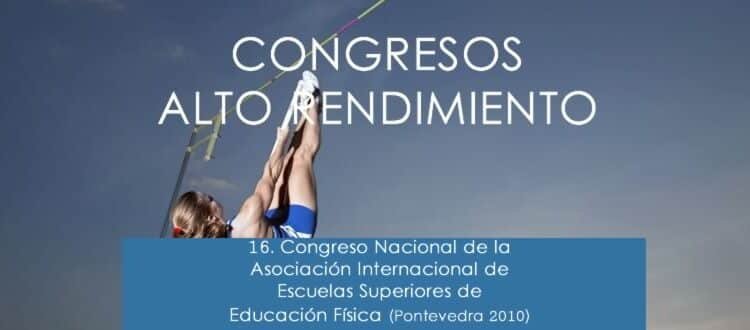Teachers’ perceived knowledge and teaching practice concerning TGfU concept in Flanders (Belgium)
Teachers’ perceived knowledge and teaching practice concerning TGfU concept in Flanders (Belgium)
INTRODUCTION
The Teaching Games for Understanding (TGfU) concept was introduced in teaching education colleges and universities in Flanders more than a decade ago. Several in-service training sessions have been organized to introduce this concept to teachers. In this study we want to obtain a better idea of teachers’ perceived knowledge and teaching practice concerning six different aspects of TGfU, shown on the right.
METHOD
We conducted a survey at the University of Leuven annual in-service training for secondary education PE teachers and at the Leuven University College in-service training for primary school PE teachers. Respons rate: 267 questionnaires out of 420 were retained for analysis A TGfU score (0-6) was calculated for teaching practice on six different TGfU items, shown on the left. One point for each correct item, with a maximum of 6 points. This TGfU score (0-6) was analysed with ANOVA. Correlations were conducted as well.
RESULTS
Teachers’ teaching practice concerning TGfU is insufficient (inadequate). The average TGfU score (0-6) is 2,05/6 (STDEV: 1.31)
Figure 1. Teachers’ perceived knowledge and teaching practice concerning TGfU concept in Flanders (Belgium)
We found no significantly different TGfU scores related to: teaching experience, gender, teacher qualification, classroom size, spatial restrictions. We also found: * a significant difference for planning and teacher qualification (p < .01): professional bachelors outperform masters for lesson plans. * a significant difference for assessment and teacher qualification (p .01): masters score better than professional bachelors
Perceived teachers’ knowledge (average score: 3,7/5; STDEV:0.80) Used scale: 1(perceived knowledge = weak) – 5 (perceived knowledge = very good)
Figure 2. Teachers’ perceived knowledge and teaching practice concerning TGfU concept in Flanders (Belgium)
Perceived teachers’ knowledge shows a positive correlation (p = .01) with the TGfU score. This confirms the relation between knowing and teaching practice. We found a significant difference for perceived knowledge and teacher qualification (p = .03) Masters scored 3.8/5 while professional bachelors scored 3,6/5. However, this did not lead to differences in teaching practice.
DISCUSSION
- The results of this survey show very weak scores for teachers’ teaching practice and perceived knowledge of TGfU. We also found a positive relation between perceived knowledge of TGfU and teaching practice for TGfU.
- How can we make teachers more knowledgeable about TGfU? Attention should be focused on the acquisition, development, and/or construction of teachers’ knowledge during games teaching courses in PETE’s and in-service teacher training programs.
- More research is needed on the impact of teachers’ perceptions on their teaching practice and how to tackle it. Bringing teacher perceptions to surface and the role of reflection and self-regulation as professional competences are becoming key concerns of teacher training departments.
REFERENCES
Ennis, C. (2010). New directions in undergraduate and graduate education in kinesiology and physical education. Quest, 62, 76-91.
Hopper, T., Butler, J. & Storey, B. (2009). TGfU…simply good pedagogy: understanding a complex challenge. PHE Canada.
Tsangaridou, N. (2006). Teachers’ knowledge. In: Kirk, D., Macdonald, D. & O’ Sullivan, M. The handbook of physical education. London: Sage.
Tsangaridou, N. (2006). Teachers’ beliefs. In: Kirk, D., Macdonald, D. & O’ Sullivan, M. The handbook of physical education. London: Sage.






